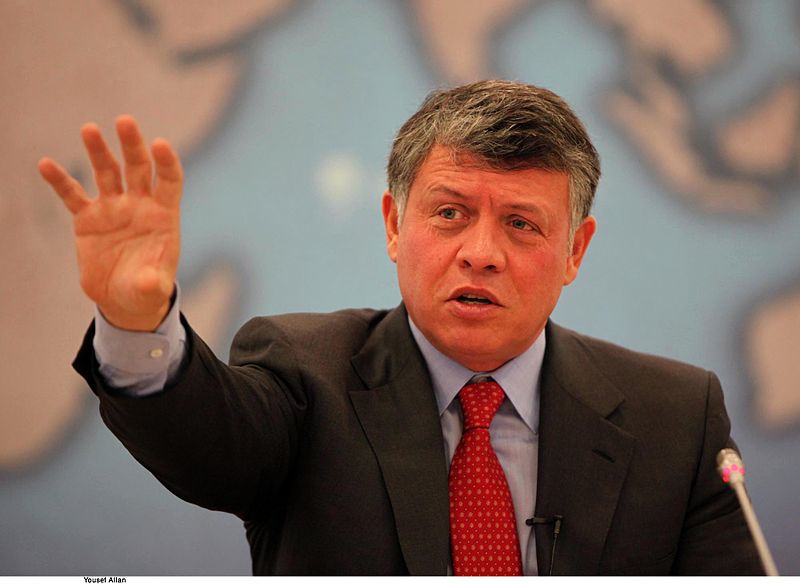On Monday, Jordanian Prime Minister Hani Mulki resigned in the wake of nationwide anti-austerity protests by Jordanian citizens who are distraught over price inflation of general goods and rising unemployment rates; the protests went on for five straight days. The protests were in the thousands and eventually drew the attention of King Abdullah II who in turn summoned former Prime Minister Mulki for an immediate meeting in Amman. A government official close to the king, stated that, “Prime Minister Hani Mulki submitted his resignation to the king this afternoon during a meeting at the Husseiniya Palace and the king accepted the resignation.” The anonymous source also said that King Abdullah requested Education Minister Omar al-Razzaz to construct a new governmental system.
Protesters demanded that Prime Minister Mulki resign from his position as such only after the Jordanian government ushered in a new draft income tax law. Following this they divulged that general price inflation would be based on recommendations put out by the International Monetary Fund. The activists claimed they refused to “kneel” earning them widespread support from most of Jordan Ministers of Parliament as well as several trade unions. Mulki had attempted to reach an agreement with trade union representatives during a meeting prior to the events but an agreement was never reached while the representatives demanded the new law be revoked altogether. Presently, 20% of Jordan’s population is close to poverty and another 18.5% are unemployed.
Jordan‘s primary hardship is that it lacks a variety of resources due to its location being mostly desert based. Over time the price of everything from electricity and fuel to bread and water have skyrocketed in price over the last year. The draft income tax law sent up to Jordan’s parliament would increase employee taxes upwards of 5% while companies would owe anywhere from 20% to 40%. The Jordanian king revoked the law after protests got out of control with no end in sight. Analyst James Dorsey who is with Singapore’s Rajaratnam School of International Studies stated that, “Jordanians may this time round not be pacified by cosmetic measures like Mulki’s resignation and the temporary rescinding of price and tax hikes,” in reference to the situation.
Featured image: King Abdullah of Jordan. By Chatham House [CC BY 2.0], via Wikimedia Commons.
Already have an account? Sign In
Two ways to continue to read this article.
Subscribe
$1.99
every 4 weeks
- Unlimited access to all articles
- Support independent journalism
- Ad-free reading experience
Subscribe Now
Recurring Monthly. Cancel Anytime.











COMMENTS